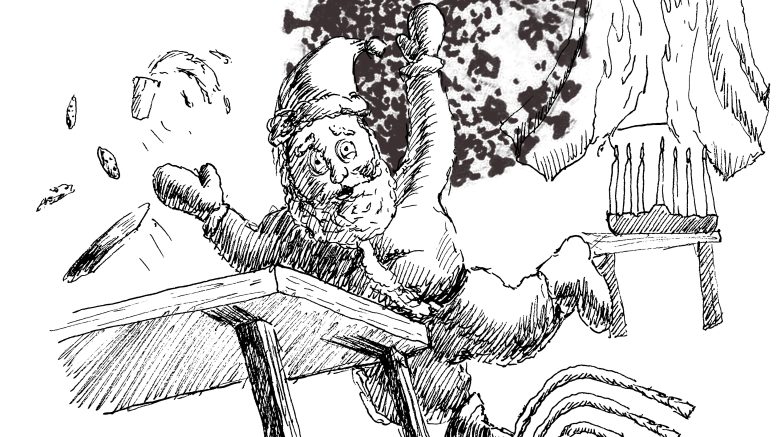People eagerly come together during the holiday season to celebrate. However, as COVID-19 cases surged across the world, many were forced to change their New Year’s plans yet again. Amid the rising COVID-19 cases due to the Omicron variant, Canadians were not the exception. While the federal government recommended citizens avoid foreign travel without establishing travel bans, provincial governments established various restrictions to reduce the transmissibility of the virus in their jurisdictions. Lack of preparation has defined most governments’ responses to the new variant. Despite dealing with the pandemic for over two years, government officials continue to underestimate COVID-19 by prematurely easing restrictions and reducing testing supplies.
During mid-November 2021, Canadians were off to a semi-normal holiday season. The federal government eased travel restrictions, provincial governments reduced their caution levels and public health measures and vaccination rates steadily increased. A glimpse of hope filled the air for a short period of time before the Omicron variant was detected in late November. In no time, Canada was reporting record-breaking case numbers. But despite government officials being fully aware of the Omicron variant’s potential, restrictions and access to testing supplies remained piecemeal.
My parents have always told me “forewarned is forearmed.” Though the complexities of government action go beyond the simplicity of a common phrase, it seems inexplicable that despite the World Health Organization’s warnings, government measures did not live up to the occasion. Governments have grown too confident in their pandemic response which has forced citizens to pay the price.
Rather than easing the burden of the pandemic on citizens, the delayed response has created significant uncertainty. Although the federal government announced it would increase rapid testing availability, Canadians continue to express their concern. For example, Ontario residents claim that despite being promised 55 million rapid tests, they simply can’t access such tests and often must rely on expensive private testing sites. The desperate lack of testing produces uncertainty and subsequently propels the transmissibility of COVID-19. But Ontarians are not the only ones being severely affected by Omicron. The Manitoban health-care system is being hit with a tsunami of Omicron cases before the province fully recovered from the Delta variant. Instead of rapidly implementing restrictions to avoid crowded holiday celebrations, Premier Heather Stefanson announced capacity limits two days after Christmas Day.
As if collective ineptitude in tackling growing case numbers was not enough, some premiers have unveiled their plans to fully reopen in-person learning for K-12 students despite record-breaking case numbers. For instance, even though Alberta extended the return date for in-person learning, Alberta Health Services “no longer has the capacity to inform parents and students of COVID-19 infections,” meaning cases at schools will no longer be followed by an investigation. More likely than not, this will put students at risk.
The lack of governmental consensus is leading citizens down a dangerous path. Kids undoubtedly belong in classrooms, but they deserve to be in a safe environment where they will learn and grow instead of dealing with the trauma of contracting COVID-19.
Poor governmental leadership — that seems obsessed with satisfying the masses against public health officials’ advice — is what has caused provinces to be so unprepared for this surge of COVID-19 cases. Premiers have been so focused on maintaining their popularity that they have lost sight of the collateral damage they are causing. Canadians need tests. They need health measures that reflect the current state of their jurisdictions. They need a safe environment where they can learn. And most of all, they need true and prepared leadership.





